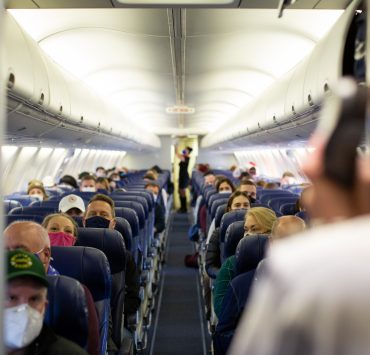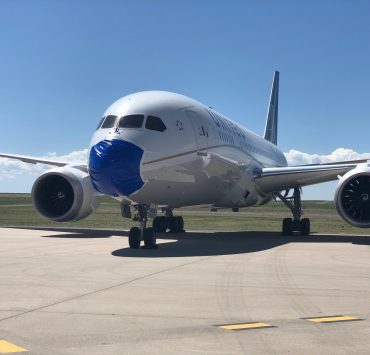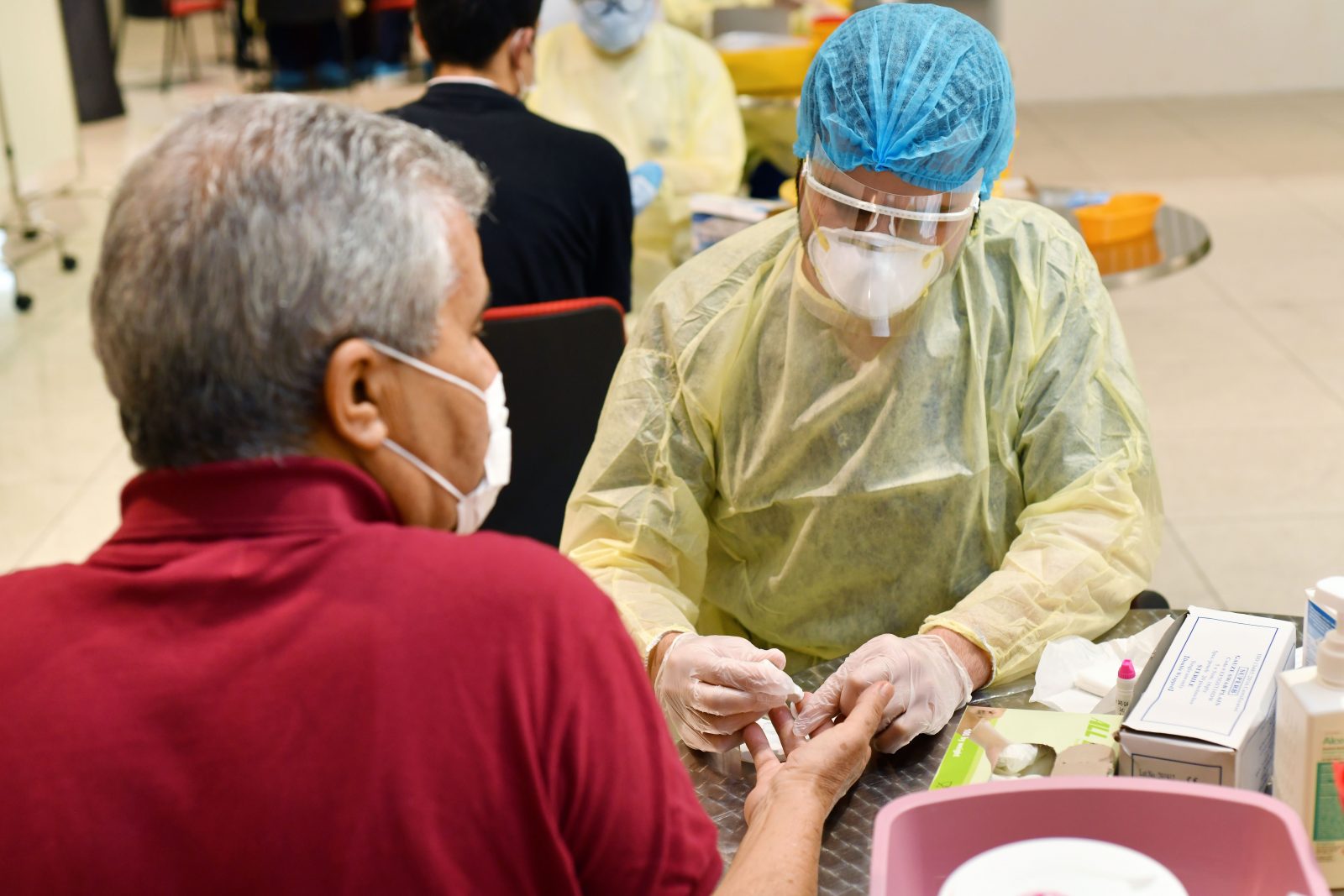
Last April, Dubai-based Emirates Airline trialled a rapid finger-prick blood test that could return results in little more than 10-minutes and say whether someone had antibodies to the novel Coronavirus. Emirates’ chief operating officer Adel Al Redha hoped to massively scale up the testing regime but the trial proved short-lived.
The UAE’s Ministry of Health and Prevention shelved the testing trial less than a month later after a Spanish study revealed the rapid antibody tests had, at that time, an accuracy rate of just 30 per cent. And even if the tests were more accurate, there was little use in telling whether someone had antibodies to COVID-19. What was important was whether knowing if someone was infectious at that moment in time.
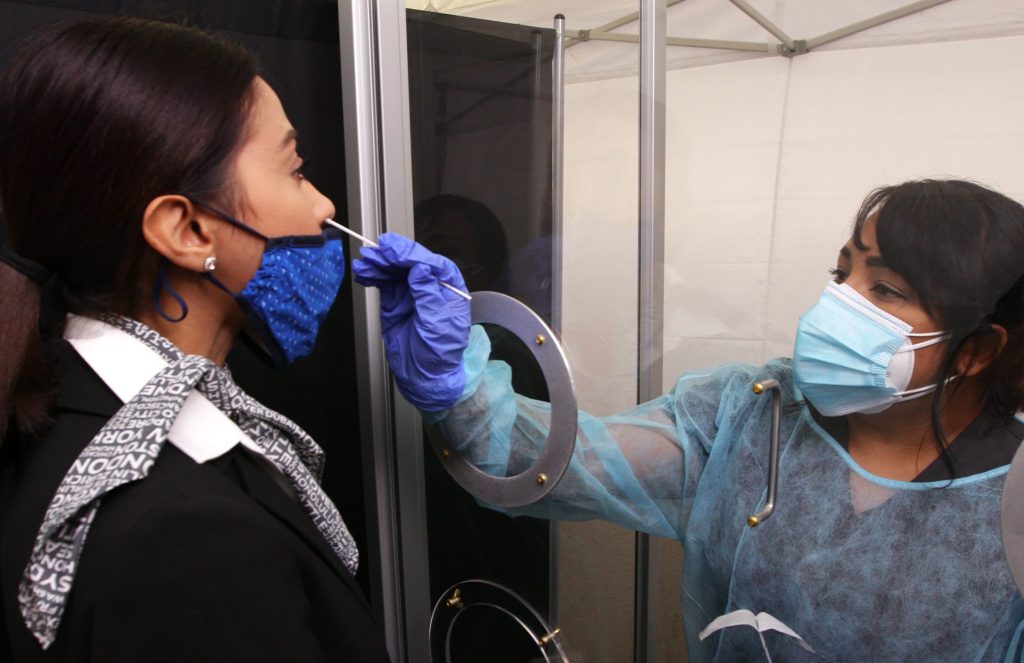
So, an entire industry has been built almost overnight around detecting whether travellers are infected with COVID-19. The rules are myriad and complex but many countries require some form of test for travel. Some, including the likes of the United Kingdom, require several tests helping the testing industry reap billions of dollars in revenue.
Perhaps unsurprisingly the airline industry is livid with the pandemic testing hurdles that have been placed in the way of would-be travellers and would like to see the industry dismantled. The chief executives of British Airways, Virgin Atlantic and easyJet recently pleaded with transport minister Grant Shapps to drop testing rules.
“We have seen no evidence that this regime is necessary for fully vaccinated travellers,” the chief executives wrote in the open letter, suggesting expensive PCR tests should either be scrapped altogether or at the very least replaced with cheap rapid tests.
Airlines 4 America, a trade group that represents American Airlines, Delta and United Airlines would also like to see fully vaccinated travellers from “non-high-risk” countries allowed to enter the U.S. without proof of a negative test.
The proposal was supported by the International Air Transport Association (IATA), although IATA at least sees the benefit of testing as a “pathway to reopen borders to international travel”.
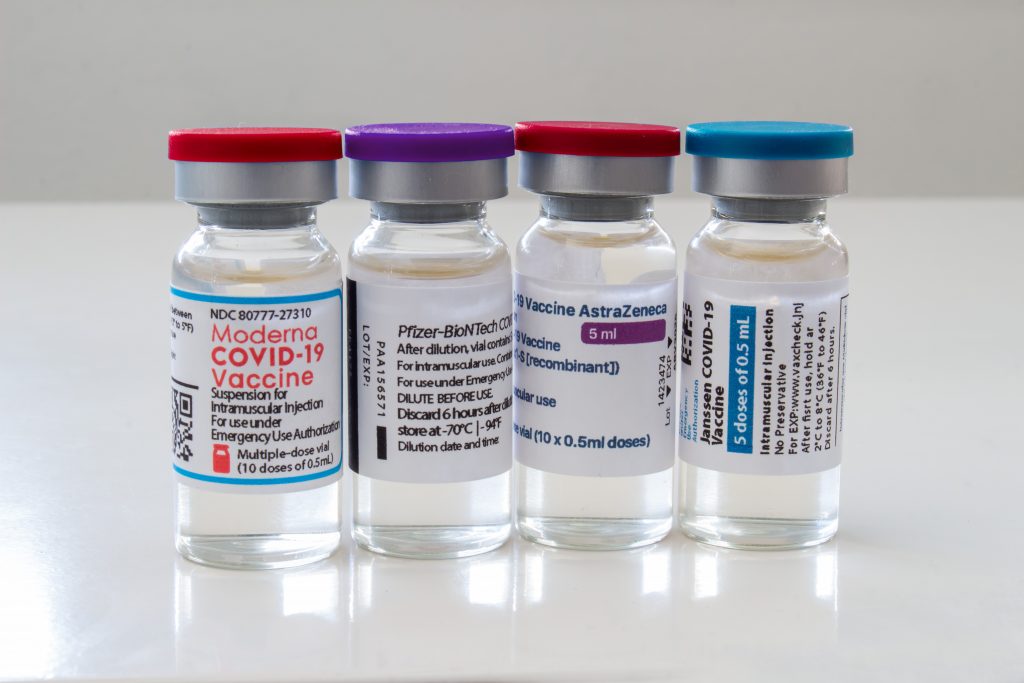
Cheap rapid antigen tests could prove an adequate replacement for more expensive and time-consuming RT-PCR tests, especially for the fully vaccinated who might still be infected and could still infect others.
But that poses another question. What counts as fully vaccinated. A few months ago, that was a relatively easy question to answer. Two doses of either the Pfizer / BioNTech vaccine or Moderna COVID-19 vaccines or just one dose of the single-shot J&J Janssen vaccine.
In Europe and other jurisdictions, it also included a double-dose of the AstraZeneca COVID-19 vaccine but do U.S. authorities consider someone whose received the AstraZeneca shot as vaccinated given the fact that the FDA is yet to approve the jab?
And what about the Chinese manufactured Sinopharm and Sinovac vaccines? They’ve been approved for emergency use by the World Health Organization (WHO) but not by regulatory authorities in the United States and much of Europe.
Or what about Russia’s Sputnik V vaccine which hasn’t even been authorised for emergency use by the WHO?
And then there’s the question of whether booster shots are required? Israel is powering ahead with its booster shot rollout, while the United States has authorised booster doses in certain circumstances and European countries are set to start their own booster dose campaigns next month.
Should travellers be banned from travel until they’ve had at least three doses of an approved vaccine?
As we gain more information about the waning effects of COVID-19 vaccines, the question of what vaccine you’ve received becomes less important than how many virus-fighting antibodies you possess.
Emirates was way ahead of its time and we could see antibody tests become the next hurdle for travellers. They will be a nightmare for airlines and the travel industry but a dream for the testing companies.
There are advantages to this approach though. First, vaccine brand names become less important which makes access to travel much more equitable. So long as you have a good level of antibodies, who cares what vaccine you had?
Second, it opens the door to travel for people who can’t or won’t have the vaccine but have acquired natural immunity. Notwithstanding the moral argument of vaccine mandates for travel, this approach reopens travel to more people which, at the very least, is good for the industry.
And third, antibody tests should provide a far larger window for restriction-free travel than the current generation of tests that check for current infection.
Mateusz Maszczynski honed his skills as an international flight attendant at the most prominent airline in the Middle East and has been flying throughout the COVID-19 pandemic for a well-known European airline. Matt is passionate about the aviation industry and has become an expert in passenger experience and human-centric stories. Always keeping an ear close to the ground, Matt's industry insights, analysis and news coverage is frequently relied upon by some of the biggest names in journalism.







